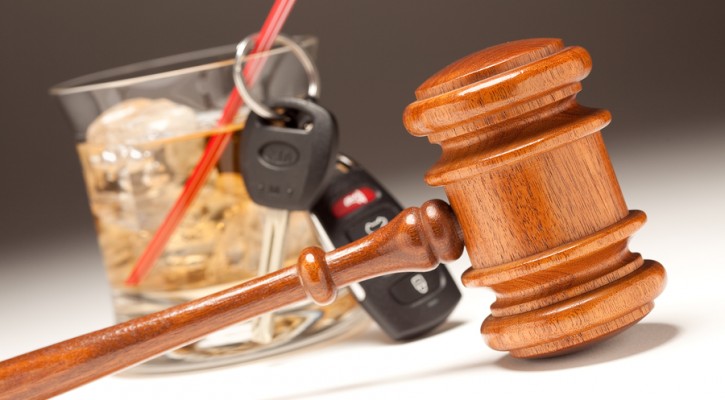
Changes to Florida’s DUI Law
May 8, 2014
Without much fanfare, the 2014 Florida legislature passed a transportation bill that included changes to Florida’s DUI law and installation of Ignition Interlock Devices (IID) for first time DUI offenders.
Under the current law, judges are required to order installation of an IID for anyone convicted of a second or subsequent DUI offense or for a first time DUI offender who, at the time of arrest, had a Blood Alcohol Content (BAC) of .015 or higher or who were transporting a passenger under the age of 18. IID’s must be installed for a minimum of six months for a first time offender and two years for a second offense. IID’s must be installed on all vehicles that are individually or jointly leased or owned and routinely operated by the convicted person.
In the measure just passed by the legislature, judges aren’t required to but have been granted the leeway, if they feel it is warranted, to order installation of an IID for a minimum of six months for first time offenders who had a BAC of .08 or higher.
In addition to installation of an IID for those convicted of DUI, judges also have the leeway to order either; twice daily Breathalyzer tests, continuous transdermal alcohol monitoring, or random blood, breath, urine, or oral fluid testing. Installation and operation of the IID and any drug and alcohol monitoring must be paid for by the convicted individual.
This new law will take effect on July 1, 2014.

2014 Florida Legislature: Which Driving Safety Bills Passed And Failed?
May 6, 2014
The Florida Legislature ended its 2014 session on May 1st after enacting some changes to Florida’s driving laws but not as many as some lawmakers had hoped. Some of the bills that passed late in the session, as of this date, haven’t been signed into law and some are hoping that at least one of the bills will be vetoed by the governor. Let’s look first at the bills that didn’t make it to a vote this year.
Red Light Camera – This bill was introduced by opponents of red light cameras hoping to severely restrict their use and to limit how funds generated by the red light cameras could be distributed to local governments. The bill failed to make it out of the Transportation committee.
Texting While Driving – The legislature passed a ban on texting while driving in the 2013 session but limited it to a secondary offense, meaning that a texting driver had to be stopped for some other traffic infraction before a ticket could also be written for the texting offense. This bill sought to remove that restriction and make texting while driving a primary offense meaning that a driver could be stopped for that violation alone. The bill failed to make it out of the transportation committee.
Bills Passed By the Legislature
Child Safety Seat – Florida had one of the weakest child safety seat laws in the nation and this bill in its original form sought to require child protection seats for children ages seven and under unless the child was at least 4’9” tall. That would have brought Florida’s child safety seat law in line with the recommendations of the Insurance Institute for Highway Safety and laws in most other states. As passed however, the bill only requires child safety seats for children aged five and under. Under this bill, children over the age of three and under the age of six who have outgrown their integrated child safety seat must be restrained in a booster seat. If signed by the governor, the law will take effect on July 1, 2014 with a grace/education period until January 1, 2015, when law enforcement will start issuing traffic citations.
General Transportation Bill – This bill covers a broad range of transportation issues but for driving safety issues the bill strengthens the Florida DUI law allowing judges more leeway in requiring the installation of ignition interlock devices and also gives judges the ability to order twice a day breathalyzer tests for certain DUI offenders. The bill changes the Move Over Law that requires drivers to either move over into another lane or slow to 20 mph under the posted speed limit when passing emergency vehicles and tow trucks to include sanitation and utility vehicles operating by the side of the road.
Hit And Run Loophole – This bill, known as the Aaron Cohen Life Protection Act, closes what many thought was a loophole that allowed alleged drunk drivers to escape harsher penalties if they fled the scene of a crash and waited until they were sober to turn themselves in. Under the new bill, a driver who flees the scene of a crash that results in death or serious bodily injury will face four years in jail and a three year revocation of their driving privileges. This bill will take effect on July 1, 2014.
Speed Bill – This bill gives the Department of Transportation authority to increase the speed limit on interstate and other major highways. Proponents of the bill feel that the speed limit is being raised to reflect the speed that drivers already drive. Opponents feel that if the speed limit is increased, drivers will continue to speed even faster and the traffic death rate will increase. Some speculate that insurance rates will also increase if this bill is signed into law. The bill barely passed and many are calling on the governor to veto the bill.
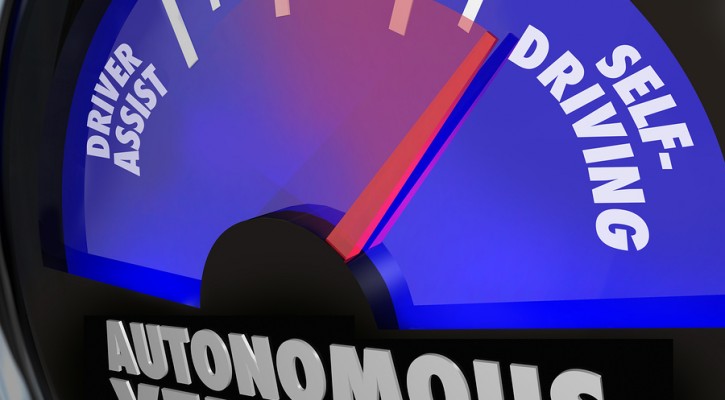
Who Takes The Blame In An Autonomous Car Crash?
April 30, 2014
With fully automated vehicles on the horizon, the Intelligent Car Coalition and the Insurance Institute for Highway Safety will be meeting to discuss who will take the blame in a car crash once the vehicle’s actions are taken out of the driver’s hands. Read more: The ‘Blame Game’ for Automated Vehicles

MADD Releases Victim Services Report
April 29, 2014
This month Mothers Against Drunk Driving (MADD) released A Voice for Victims: MADD Victim Services Report in connection with National Crime Victims’ Rights Week. The new report focuses on the state of crime victim’s rights across the country. Read more: A Voice for Victims: MADD Victim Services Report
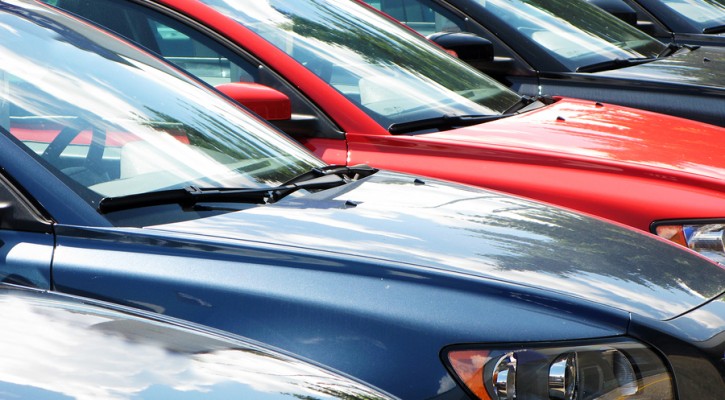
Do Massive Recalls Mean Newer Vehicles Aren’t As Safe?
April 28, 2014
Does the news that millions of vehicles from a variety of manufacturers are being recalled mean that newer vehicles aren’t as safe as older models? Not necessarily, says this author. Using the same part in multiple vehicles and the increased scrutiny by federal officials after the failure of Toyota and GM to recall dangerous vehicles may mean manufacturers are getting the word to pay now or pay even more later. Read more: The Auto Recall Frenzy Isn’t What You Think

Dutch Engineers Look At New Ways to Light Roads
April 25, 2014
A pair of Dutch civil engineers are proposing some radical new methods to light roads. They propose to make unlighted rural roads safer by painting road edge and lane markings with luminescent paint that draw energy from the sun and then glow up to 10 hours in the dark. They also propose to use temperature sensitive paint that will illuminate to warn drivers of icing on the roads and road edge lighting powered by passing vehicles. Read more: Motorway of the future uses glow-in-the dark road paint

MADD Refuses Donation From Teen Drinking Party Host
April 18, 2014
Mothers Against Drunk Driving (MADD) issued a statement stating they will refuse a donation from a Rhode Island woman who hosted her daughter’s 16th birthday party in which teens were allowed to drink. In return for avoiding jail time, the woman agreed to donate $5,000 to MADD as part of a plea agreement. Saying they could use the money, MADD officials said it would send the wrong message. Read more: Rhode Island Social Host Charge
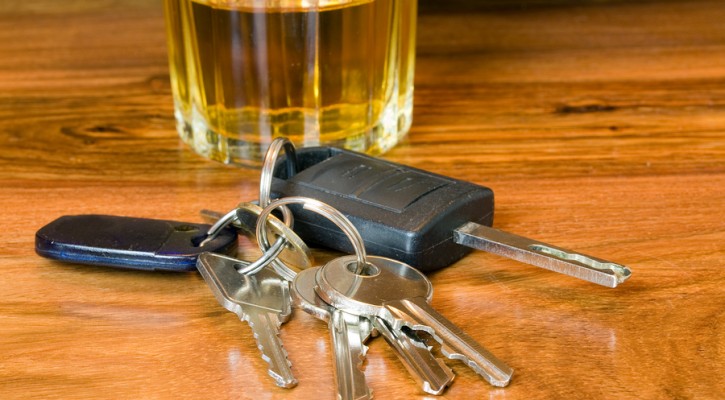
Car’s Owner Ruled Liable In DUI Case
April 17, 2014
After a long court case, the Florida Supreme Court has ruled that not only the driver but also the registered owner of a vehicle can be held liable in a DUI death case. Read more: Fla. Supreme Court rules after 9-year legal battle
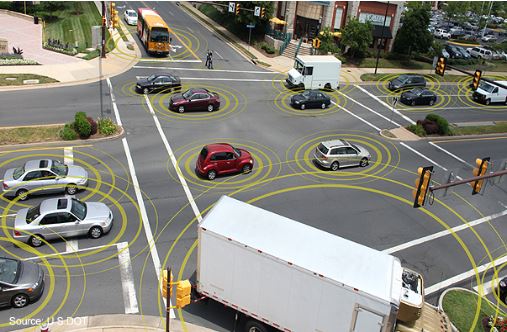
Talking Vehicles On The Horizon
April 17, 2014
In February, the US Department of Transportation (DOT) announced plans to move forward with vehicle-to-vehicle (V2V) communication technology. V2V technology allows vehicles to communicate wirelessly to alert nearby vehicles of their presence. It is felt by the DOT that this technology will go a long way toward preventing crashes on America’s roads.
With V2V technology, cars broadcast their presence, speed, and direction up to ten times a second to other vehicles nearby. If a driver is about to enter an intersection and the vehicle detects another vehicle about to run the red light, the vehicle can warn the driver in time to stop. As envisioned by the DOT, V2V technology, at least in its initial stages, will only provide a warning to drivers that another vehicle is approaching. It won’t provide active controls to stop or steer the vehicle away from a collision. That capability may come later on.
The announcement comes on the heels of a study begun in 2012 in Ann Arbor MI in which 3,000 cars, trucks, and buses were outfitted with the technology. That study, along with years of research suggests to the DOT that the technology “has the potential to help drivers avoid or mitigate 70 to 80 percent of vehicle crashes involving unimpaired drivers, and that could help prevent many thousands of deaths and injuries on our roads every year.”
The DOT gave assurances that the V2V system won’t collect any data on vehicles or their location. The system will only communicate among vehicles and not to any outside source. There were no details on how soon the V2V system will be implemented. Before that can happen, vehicle manufacturers will all have to agree on standards and procedures for installation in their vehicles.
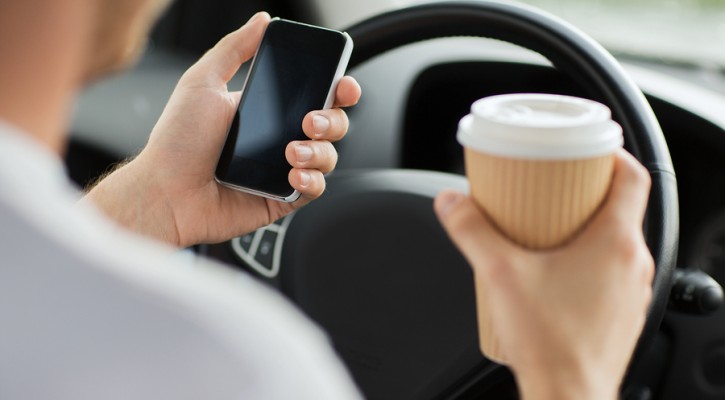
Tougher Penalties Needed For Distracted Drivers
April 16, 2014
The province of British Columbia in Canada has the toughest DUI laws in North America but the BC Attorney General points to data showing distracted driving kills more people than drunk driving. She is calling for penalties for distracted driving equal to those for drunk driving. Read more: B.C. mulls tougher distracted driving laws
